Long before "Purple Rain" and stardom, a shy, self-taught prodigy from Minneapolis named Prince Rogers Nelson quietly developed his voice amidst personal struggles and humble beginnings.
If you enjoy these Black History stories and want to keep discovering more, consider becoming a subscriber today. Your support helps me share these important narratives with even more people.
June 7th, 1958, in Minneapolis, Minnesota, a child named Prince Rogers Nelson was born, destined to reshape music forever. From a young age, he was a quiet, introspective child with an insatiable musical curiosity, teaching himself, note by note, how to play piano, guitar, and drums. Through countless hours of solitary practice, a prodigy emerged.
Childhood wasn’t easy for Prince. He experienced epileptic seizures and endured relentless teasing from peers that left behind a deep-rooted shyness. Later, Prince would reflect, saying these early struggles drove him toward becoming
“as flashy and noisy as possible,”
compensating for the insecurities he carried inside. Even after achieving fame, early collaborator Chris Moon remembered the artist’s lingering vulnerability, noting how Prince seemed “kind-of-scared” of the success.
As a teenager, Prince connected with André Anderson, known by André Cymone, and Morris Day. Together, they formed Grand Central, later renamed to Champagne. During these formative years, Prince lived humbly in André Cymone's basement, building the musical foundations that would ignite his extraordinary career.
Fate soon intervened at a small studio in South Minneapolis, Moon Sound Studios, owned and run by Chris Moon. Recognizing Prince’s exceptional talent, Moon offered free studio time to local bands, often focusing on Black artists and R&B. One day, Moon observed Prince recording effortlessly, moving from piano to guitar to drums and bass without hesitation. In that instant, Moon saw Prince was not just another musician.
Chris Moon offered to mentor Prince, proposing an intensive apprenticeship where he would teach him production, mixing, recording, and engineering—all free of charge. Moon recalled Prince being “born” artistically during these long, intensive training sessions in the studio. Drawing on his advertising background, Moon understood the power of an artist’s public persona; he urged this shy young man to shed "Mr. Nelson" and simply become "Prince," stating emphatically that
“God could not make Mr. Nelson famous.”
Moon suggested purple as Prince’s signature color, symbolizing royalty. He infused Prince’s developing musical voice with provocative innuendo, the hallmark that defined early hits such as “Soft and Wet.”
Armed with a four-song demo tape, Moon took Prince’s recordings to Owen Husney, confidently declaring he had found
“the next Stevie Wonder.”
Initially bewildered by the complexity of sound, the lengthy songs, and the obvious talent, Husney initially thought Prince was a band. When Moon clarified the reality that a single teenager that wrote, played, and recorded every single part, Husney immediately recognized the extraordinary potential before him. Now inspired, Husney quickly set aside his advertising career, raising $50,000 from local supporters, and fully committed to guiding Prince as his Manager, setting the stage to negotiate his groundbreaking record deal.
A competitive bidding war erupted among record labels, prompted by Husney's strategic maneuvering. In 1977, Warner Bros. Records signed Prince to an unprecedented three-album, million-dollar contract the largest agreement at that time for an unknown, untested musician. But Prince wanted far more than financial gain: he demanded full creative control and insisted on producing himself, something unheard of for novice artists.
At first Warner Bros. hesitated, doubting a young, unknown artist’s capabilities. They arranged a "test," closely observing Prince in the studio to judge his skills. During this critical encounter, Prince laid down flawless bass and drum tracks effortlessly. Shocked and deeply impressed by his seamless talent, top label executives, including producer Lenny Waronker, quickly granted Prince total autonomy. Even during the production of his debut album For You, when executives respectfully suggested slight adjustments, Prince boldly stood his ground, telling them firmly to “get out,” insisting on total command over his vision.
Prince’s first album, For You, arrived in 1978 meticulously self-produced, with every instrument and vocal painstakingly performed by him. For the haunting ballad "Baby," he carefully charted and composed orchestral parts, demonstrating an early drive toward absolute musical perfection. Although For You garnered modest praise and respectful chart positions, it was his second album, the self-titled Prince released in 1979, that truly broke barriers, carving his presence deeper into the mainstream. Songs like the infectious hit "I Wanna Be Your Lover" secured his first Top 20 chart success, while appearances on televised music showcases like Midnight Special and American Bandstand propelled him to wider audiences.
As his fame rose, Prince stayed true to himself, writing, performing, producing, and controlling his own creative process. Home-studio demos and relentless private sessions became his quiet trademark, a method he committed to early on and steadfastly maintained. By fiercely claiming artistic autonomy, Prince had forged a creative path unlike anyone before him, never again looking back or relinquishing the remarkable independence he fought so hard to attain.
What is your favorite Prince song, We'd love to hear your thoughts and ideas in the comments.
If you like what I do can learn about more about Black History at my YouTube channel and Podcast

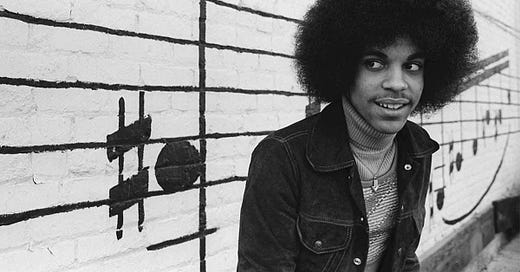



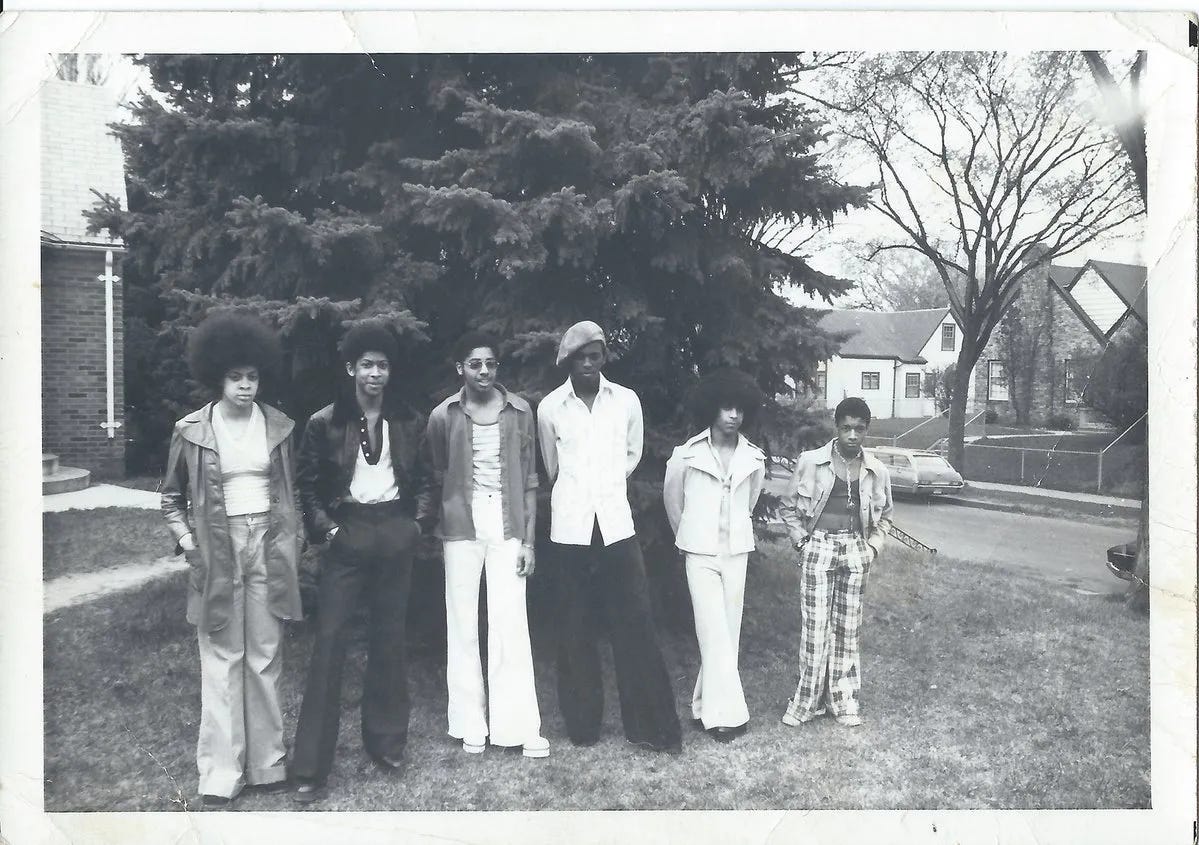
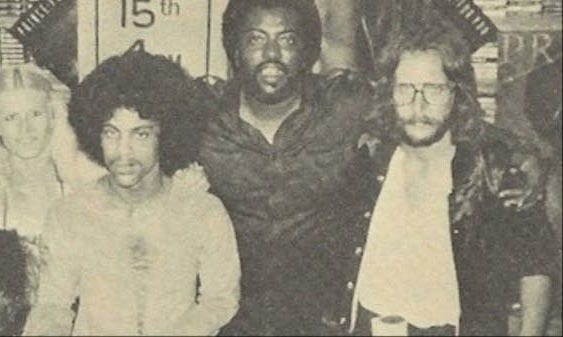
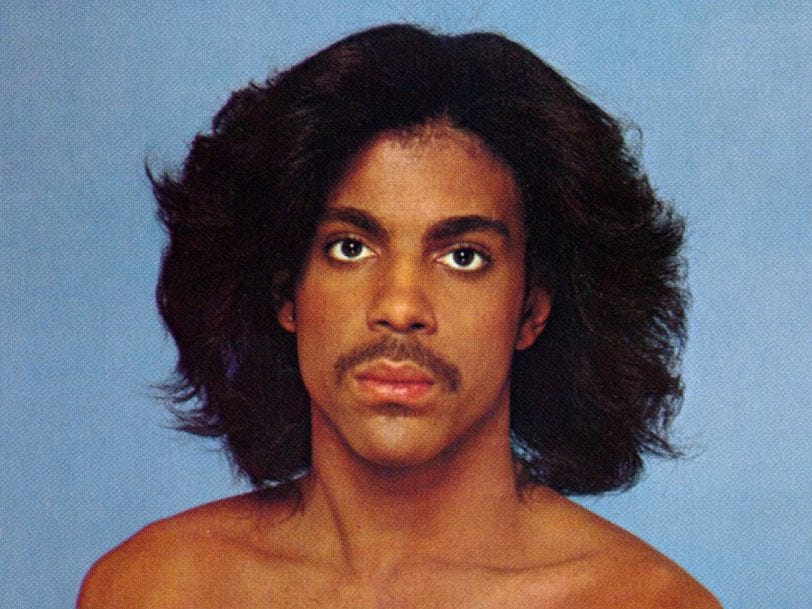
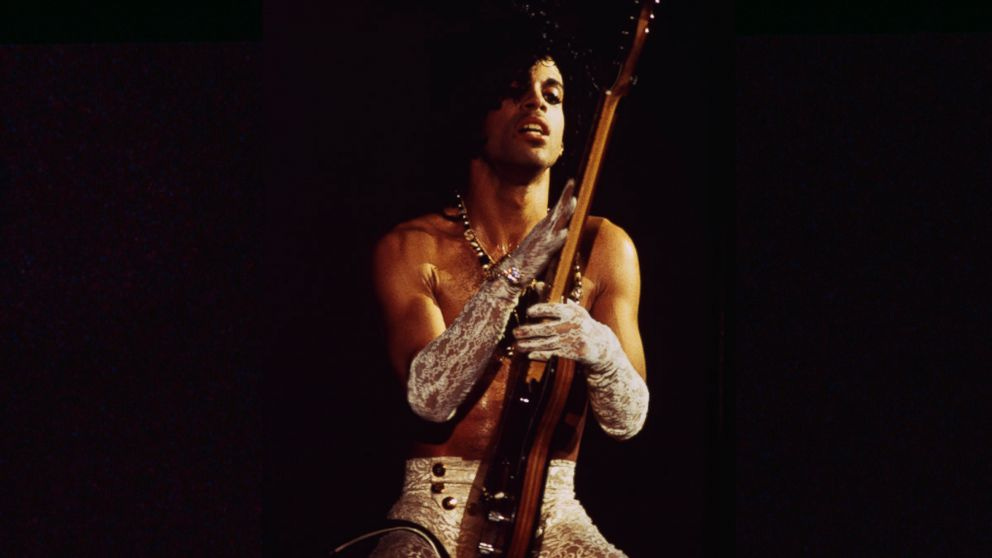
When you were mine is a fave. What an artist
Legend ⚡. I miss him so much . How about you 💬